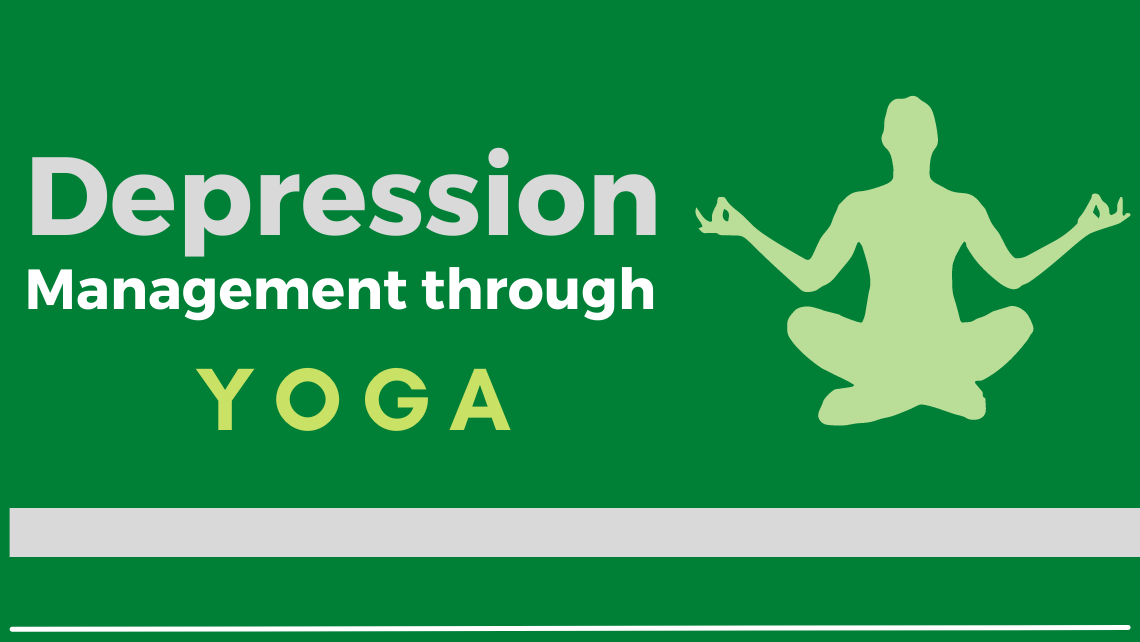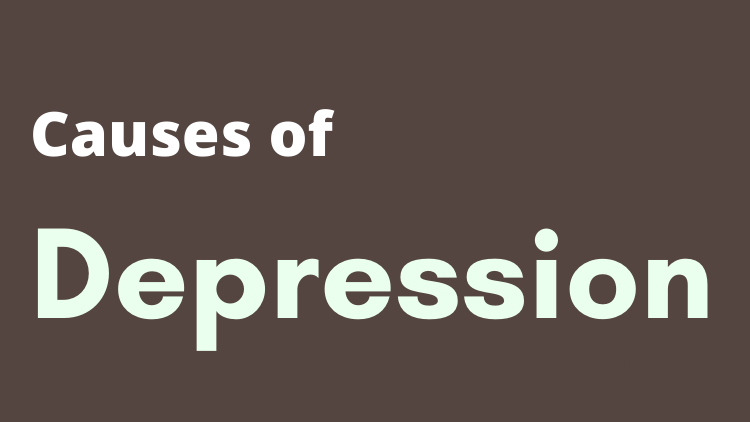Yogic Management of DEPRESSION
DEPRESSION
Depression is a common mental disorder. Depression can result in a grave complication suicide. Encountered in 15% of depressed population, suicide is seen as one of the leading causes for death between ages 15 and 35. Depression is said to be 4th leading contributor to the global burden. Employers lose billions of money from absenteeism and lost productivity.
Depressed mood, low self esteem and loss of interest in normally enjoyable activities if persists for a longer duration, is referred to as Major Depressive Disorder in clinical terms.
Different forms of Depression:
1. Major Depressive Disorder : Major depression is a disabling condition which adversely affects a person's family, work or school life, sleeping, eating habits and general health.
2. Dysthymic Disorder : Dysthymia is characterized by long term but less severe symptoms of depression. People with dysthymia may also experience one or more episodes of major depression during their life time.
3. Psychotic Depression : This is an episode of severe depression associated with psychotic symptoms such as delusions, hallucinations which are beyond reality.
4. Post Partum Depression : Depression is seen in new mother within six weeks of delivery. Nearly 10-15% of women experience this kind of depression soon after the child birth which can lead to inconsistent child care.
5. Seasonal Affective Disorder : It is also known as winter depression or winter blues, is a mood disorder in which people who have normal mental health throughout most of the year experience depressive symptoms in the winter or less frequently, in the summer.
Signs & Symptoms
-
Prolonged very low mood, mostly every day either reported by the patient (e.g. feels sad or empty) or as observed by others.
-
Diminished interest or inability to enjoy activities most of the days, as reported by the patient or observed by others.
-
Feeling of worthlessness, inappropriate guilt or regret, helplessness, hopelessness and self-hatred.
-
Diminished ability to concentrate. Poor memory, withdrawl social situations & activities, reduced interest in sex.
Co-Existing Conditions:
Depression often co exists with other illnesses. Such illnesses may precede the depression, cause it and/or be a consequence of it.
a) Anxiety Disorders:
Post Traumatic Stress Disorder resulting after experiencing terrible events or ordeal such as violent assault, rape, an accident, natural disaster, terrorism, and Obsessive compulsive disorder (OCD)
b) Alcohol and other substance abuse or dependence:
This is one of the most common coexisting conditions with depression.
c) Medical Conditions: Depression often co-exists with serious medical conditions such as heart disease, stroke, cancer, HIV/AIDS, diabetes and Parkinson's disease.













